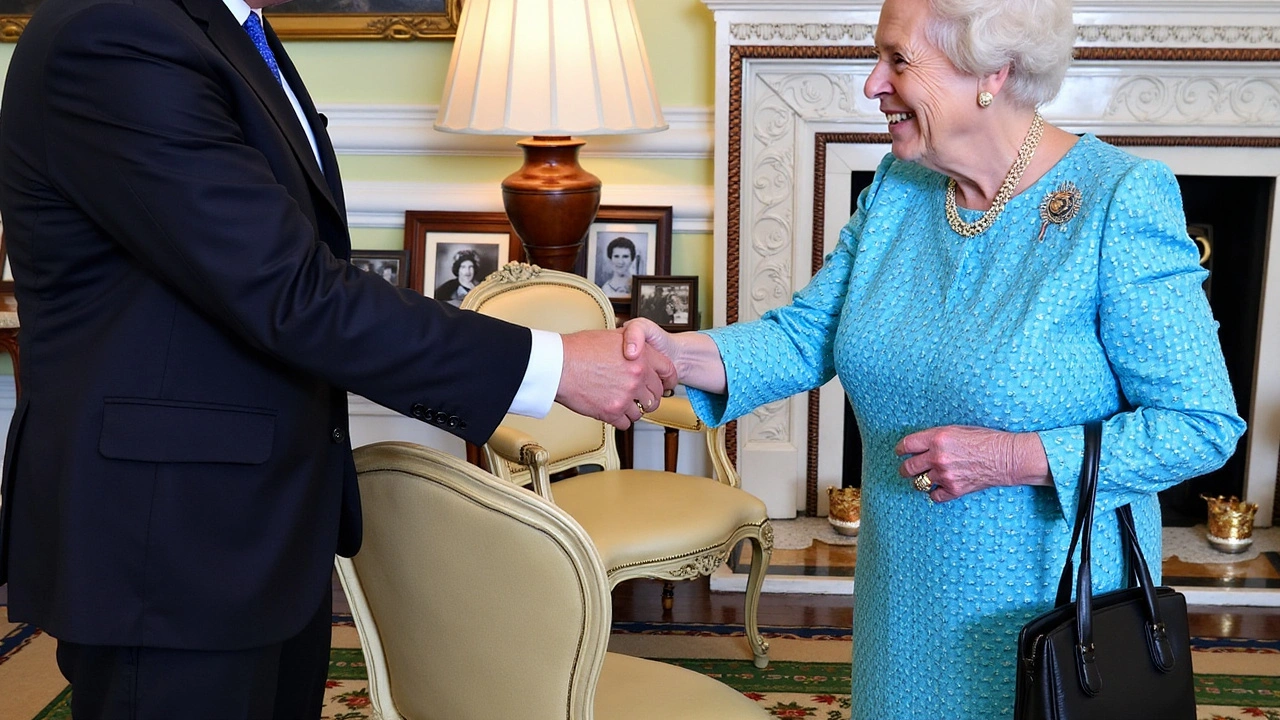Queen Elizabeth II: A Look at Her Life and Legacy
Queen Elizabeth II ruled the United Kingdom and other Commonwealth realms for over seven decades, making her one of the longest-serving monarchs in history. Born in 1926, she ascended to the throne in 1952 following the death of her father, King George VI. Throughout her reign, she became a symbol of stability and continuity for her country and the world.
Her Role and Influence
Elizabeth II was more than just a figurehead; she played an important role in uniting people during times of change and uncertainty. Her dedication to public service, including thousands of official engagements and supporting charitable causes, made her deeply respected. She witnessed and adapted to enormous social and political shifts, from post-war recovery to the digital age.
What Made Her Stand Out?
Unlike many royals before her, Queen Elizabeth II embraced modern communication methods while maintaining tradition. She was the first monarch to televise her coronation, bridging the gap between the monarchy and everyday citizens. Her steady presence gave comfort during crises and transitions, earning affection worldwide.
Whether you’re interested in royal history or curious about global leadership, Queen Elizabeth II’s life offers a unique perspective on both. She showed how duty and adaptability can shape a historic reign, influencing generations to come.
Boris Johnson's Memoir Uncovers Queen Elizabeth II's Secret Battle with Bone Cancer
Former UK Prime Minister Boris Johnson has revealed in his memoir that Queen Elizabeth II endured bone cancer for over a year before her death. Despite her illness, she retained mental sharpness until the end. Johnson shares insights from his last meeting with her and comments on her physical condition. This news surfaces amid other recent royal health disclosures.
Julian Parsons | Oct, 2 2024 Read More
